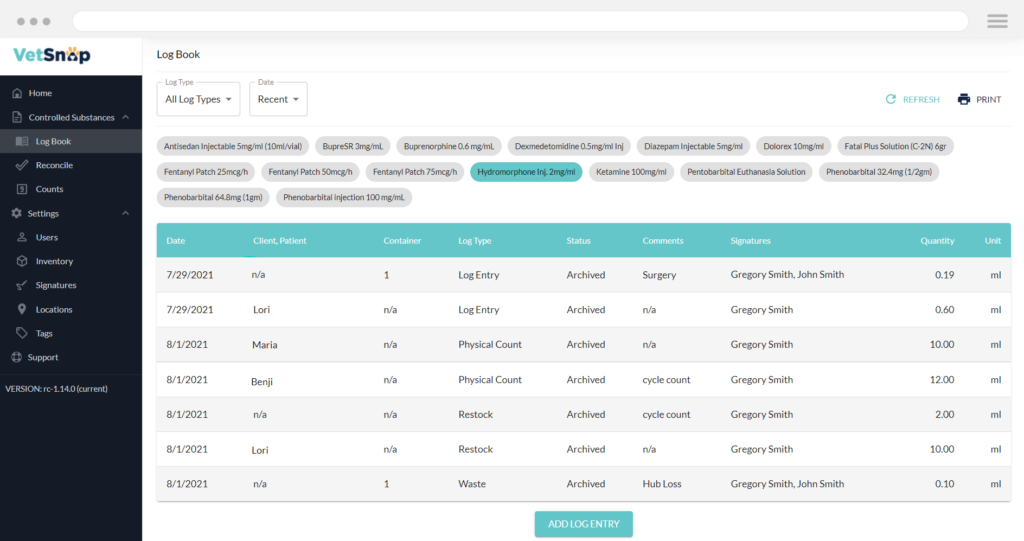Home / Best Practices / How a high-functioning GP Hospital aced a surprise DEA mock audit
Former DEA agents are oftentimes asked to perform mock audits at veterinary hospitals to help test the readiness of the team. This is a story of one agent’s first chance encounter with a hospital that shifted over from paper logs to VetSnap.
Walking into this hospital for their surprise mock audit, the agent didn't know that they had implemented VetSnap. After starting the audit, checking for all the physical security and controlled drug SOPs in place, they moved on to reviewing their record keeping. Everything that a DEA agent may have asked for, the hospital had and could generate on the spot with a VetSnap report. The agent was in and out of the location in 2 hours.
Staying compliant for hospitals means practicing and training for a situation that can happen at any time. When it comes down to it, you have prepared for the big day by putting the right security measures in place, and trained your team with your controlled drug management process in a SOP handbook ready for review. However, one of the areas open for scrutiny during your audit is your controlled log books, because there is just so much information in there that needs to be in place and ready for review.
What the DEA is looking for is an end to end accounting of every container from the moment it enters your hospital, to the moment it’s opened, used, and finally finished. There are a lot of details that need to be written down and signed off on, and VetSnap makes this whole process not only simple but consistent for everyone working at your hospital. The difference between acing your controlled drug logbook review and failing can be the difference between VetSnap’s detailed logging records, versus handwritten notes that are hard to create, not to mention keep accurate, up-to-date, and detailed.

